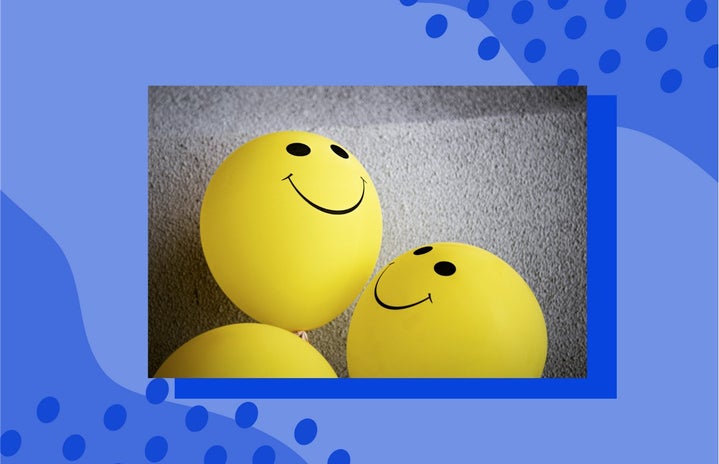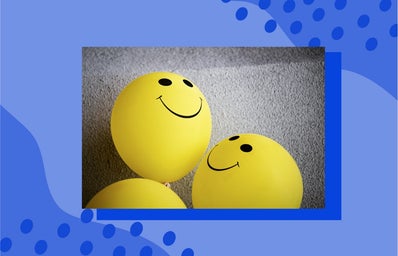I remember the first time I had heard it from my therapist, “you have PTSD.”
That was something I had always thought was reserved for people who had “gone through worse,” like a bad car accident, returning from the military, traumatic loss of a loved one, etc. What I didn’t realize was that PTSD takes on many shapes, and isn’t only reserved for a certain type of trauma. Though the idea that this was something I suffered with, and would probably continue to for a long time was scary to realize, it was incredibly freeing to finally have a reason WHY I do things the way I do, why I think the way I do and how I can accommodate my life and relationships to fit that. This is what therapy taught me.
One of the biggest obstacles that I had to get over in therapy was my own misconception that trauma has to look a certain way to be considered “bad enough” to cause lasting effects. For me, mine took the shape of years of hurt building up, in slow events that essentially conditioned and shaped me to constantly feel that I had to be in fear, or on high alert. Though some were a result of anxiety that hadn’t really been managed well, a lot was due to events throughout life that were incredibly scary and shattered an image of someone I thought that I knew and could trust. I learned that having these things happen to me at a young age shaped my brain while it was still malleable into a way of thinking and living because since it “couldn’t protect me in that situation from hurting, it will just do it all the time now.” This caused alarms to constantly set off in my head, even in safe situations. Through therapy and support from people around me, I have been able to grasp my sense of power and control back over my life and my feelings, allowing me to retrain my brain to finally feel safe and content with where I am. It’s really hard to do, but taking it day by day is the best that you can do because it is a process that takes time.
I have also been able to recognize the way that I view myself and my relationships stem a lot from the trauma I have experienced. It caused a total lack of trust in not only others but even myself. I would constantly feel that I “wasn’t enough for others,” and that they were simply putting on an act around me. It would cause me to withdraw from people, and self sabotage my relationships if I wasn’t careful. This was the point that caused me to realize I needed help with my feelings, and that they were way too big for me to process on my own. Once I started therapy, I was able to layout all of the pieces, the things that I did and thought were “bad” and connect the dots throughout my life, to understand where those feelings and actions were rooted, and how to process them one by one to sort of “untangle the knots.”
Therapy most importantly taught me that you can’t completely change who you are because though trauma doesn’t define you, it has caused an “injury” to your brain severe enough that you just need some accommodations to help yourself heal. I like to think of it like a broken arm, if someone had a broken limb, you wouldn’t expect their bone to heal immediately and therefore make them lift weights. Allowing the injury time to heal, while also rehabilitating and training it to work again is the best possible thing, and this is what therapy does for your brain. I learned that my relationships with myself and others would look and feel different and that I would need more reassurance from not only them but reminders for myself as well that it was safe to love and trust. Learning to do this myself was my biggest goal during therapy, and taking the time to go back and love who I was as a child has been incredibly difficult, but healing as well. The child in me has seen it all and has learned to survive when it seems impossible. She has kept her head above the water and has allowed me to grow up stronger than I was, and with more drive to go back and heal the wounds that I have carried for so long.
Therapy has taught me that healing is a process. It’s a process of untangling, rewiring, and regrowing parts of yourself that you didn’t even realize needed tending to. Though it hurts and it’s exhausting, it is so rewarding when you begin to see the changes in yourself and in your life around you. It teaches you to love yourself, care for yourself, and make room for healing because sometimes your brain just needs to be taught how.


